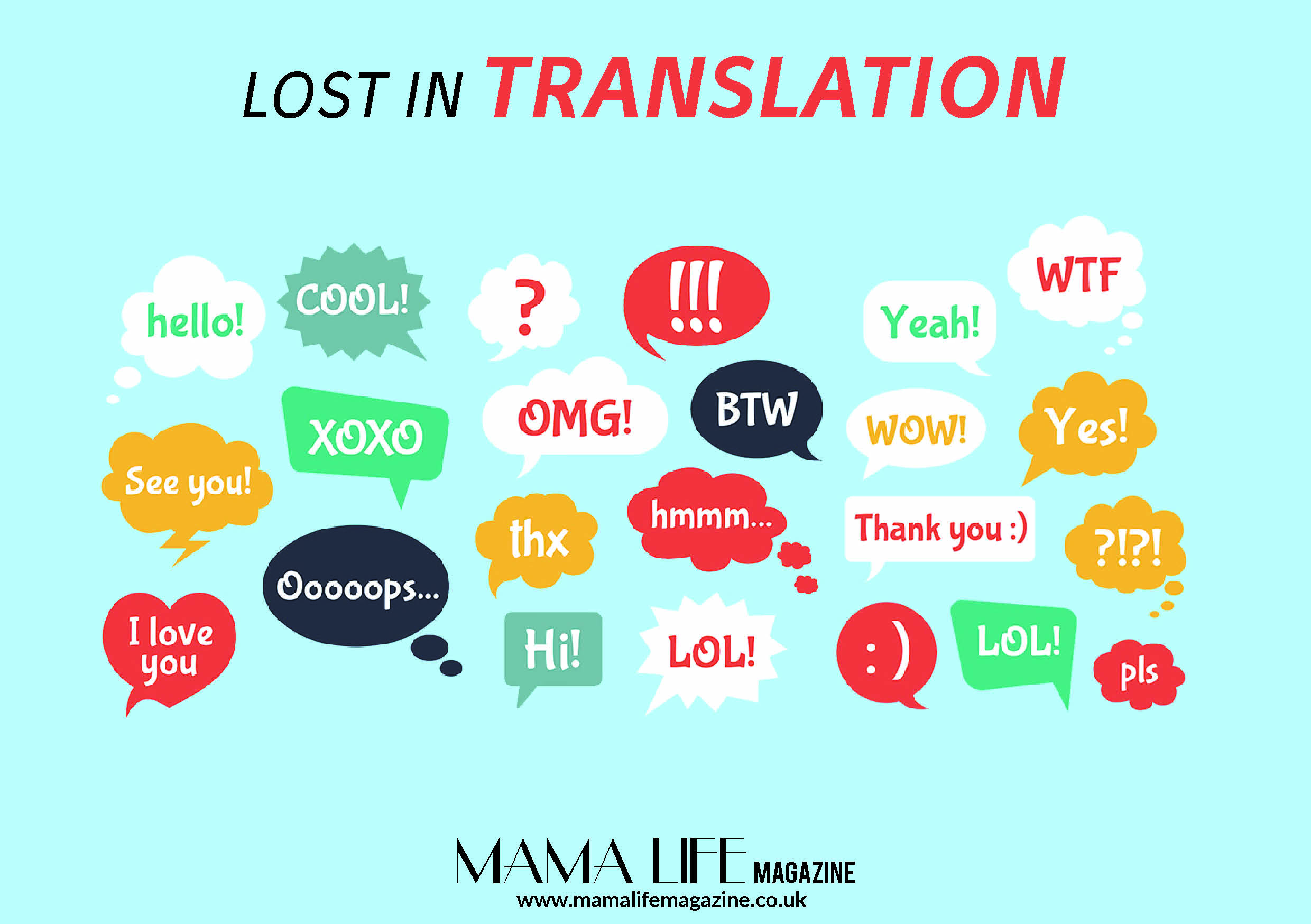As Millennials, my wife (Abi) and I started with so much self-belief; we would singlehandedly conquer the world, be above the rest and be further ahead than we actually are. We had visions of what success would look like before reaching 30. Owning a 110 Land Rover Defender, owning multiple properties, and Abi working in the West End.
In reality though we’re a pretty average family, living a pretty average lifestyle. We’ve two kids, a mortgage on a three-bedroom property (which is bursting at the seams with possessions), an unattractive family car, and like many, we aspire for a happy, healthy lifestyle. Abi and I have been together for ten years. We’re passionate about jointly raising the kids, and have different strengths and qualities to complement this.
Abi and I are like chalk and cheese. Opposites attracted and our life has been peppered with a series of lessons, on how to positively navigate opposing views – on almost everything!
Against Abi’s advice, whilst on our honeymoon I had the audacious plan of driving up to the beach. Low and behold, the Ford Fiesta hire car didn’t quite respond as I had seen on Top Gear. Only to find us hitting the first bit of sand and having to plead with a sweaty, topless Portuguese man to help us dig the car out. The whole experience was a painful encroachment on my self-pride, but another important lesson about our opposing views and how we interact with situations. In a snap decision, I had taken it too personally and concluded Abi was labelling me as incapable, or had I not driven to the beach we would be destined for a sanitised, uneventful future. Had I taken the time to genuinely listen to her, I would have realised my fears were not the case, she had purely engaged with the facts; the sand would stop the car.
On another topic, our views on medication contrast too. I favour holistic therapy, whilst Abi may be more inclined to turn to medicine. On one occasion, Abi threw an effervescent vitamin into her mouth, like a sweet. Having not realised that the particular vitamin, should be dissolved in water first. It naturally dissolved in the moisture of her mouth, making her look like foaming Frodo Baggins, stabbed by the spider in Lord of The Rings.
When faced by a decision or a challenge, I’ll attempt to conceptualise my own view and then instigate the action. Whereas Abi will shape her view by consulting others and turn to them to also outwork the action with her.
So, what does this mean for our parenting?
Well, ultimately, we do things differently, but in our opinion the result is often the same.
When having play dates, our kids may occasionally enter into the odd bare-knuckle boxing match with other children, over who plays with Thomas the Tank Engine first. As you’d expect Abi and I sometimes have two very different responses. Abi may be inclined to intervene and sacrificially offer the toy to the other family’s child. I may be more inclined to allow the children to work it out for themselves. Both responses result in one child playing with the toy.
My approach may be perceived as neglect, lazy or by my very omissions automatically applying such responsibility on Abi to address. However, I provide space for our children to explore this with their peers, because I believe it’s essential for them to develop and be able to navigate such situations in our absence. Our children need both the security and safety, but also the exposure to risk and realistic social environments. Abi and I have a lot of common ground on this topic, we recognise the child’s conflict, we want our child to develop social skills,
however addressing this in real time, has often been counterproductive. We’ve learnt to explore this topic in a safe environment, when distractions and social pressures are not present.
Putting the kids to bed is a similar story. Abi does a fantastic job with time-keeping and everyone ends up asleep. I sometimes deviate and respond to what’s happening. The odd bath time may be dropped, but the grot slot is sometimes calmer. Both of us end with the same result (the kids in bed), but are sometimes significantly different experiences for all. Neither is more correct than the other. Kids have got to wash, we have to be responsive and flexible. We’ve learnt the value of taking the time to explore options together. Our differences complement one another and provided they are positively addressed, support a richer experience of life for all.
So, what’s the solution? How do you best respond to different approaches, when those opposing views are relentless?
1.Don’t take it personally. Your partner has experienced a different life, that’s why they see life, respond, and parent differently. They’re not there to make your life harder.
2.Learn to address topics when distractions, such as the kids are not present. This will give you a safe environment to operate rationally like adults, a space to hear each other’s views, plan and pursue a positive solution.
3.Seek to understand their view. Practice genuinely listening to them. Become proficient in the art of active listening, as a way of truly understanding each other’s perspective.
4.Explore options together. Third options commonly exist, you just need the appetite to look for them together.
5.Rather than becoming further entrenched by me vs you, focus on the common ground.
This Dad Can resources men to be the dads they want to be. Covering topics such as happy parenting, communication, supporting mum and practical changes. From short courses to bespoke packages, dads can find us at www.thisdadcan.co.uk









